Section: Arts And Culture
There are more than 200 results, only the first 200 are displayed here.
-

ARTS AND CULTURE
- Gillian Bouras
- 02 August 2024
Conforming and belonging to a genre, in this case, ‘post-colonial, outback noir eco-fiction’, does not mean that a novel is not worthy. With rich symbolism and lyrical prose, Hills challenges readers to confront uncomfortable truths about Australian history, land ownership, and the inescapable consequences of past actions.
READ MORE 
-

ARTS AND CULTURE
- Claire Heaney
- 02 August 2024
When Stephanie Alexander released the immensely popular The Cook’s Companion in 1996, she became a literal household name. The reason for her success lies perhaps in the knowledge that the true essence of cooking lies not in perfection, but in the act of coming together.
READ MORE 
-

ARTS AND CULTURE
- Julie Perrin
- 01 August 2024
2 Comments
A commuter's mundane journey turns surreal as eccentric passengers create an impromptu human orchestra. From football fanatics and excited teens to brooding tradies, this slice-of-life drama reveals the hidden beauty in everyday encounters.
READ MORE
-
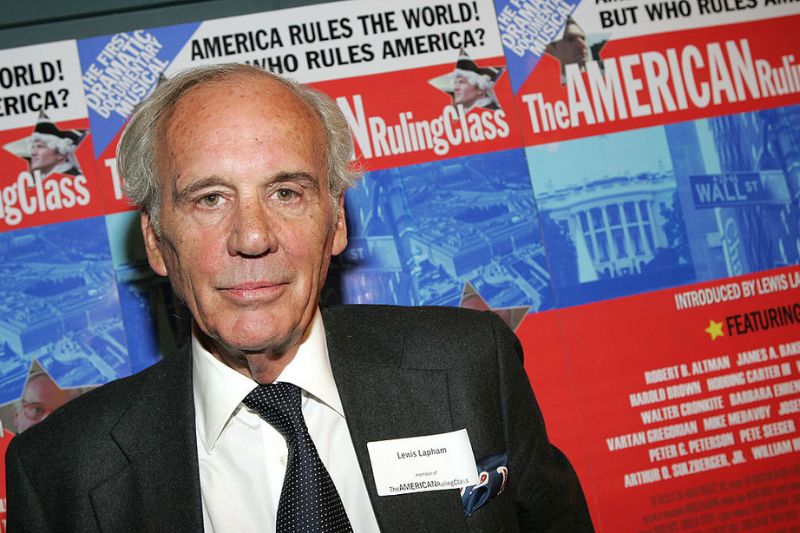
ARTS AND CULTURE
- Warwick McFadyen
- 30 July 2024
2 Comments
Lewis Lapham's work was a rigorous autopsy of American culture, exposing the chasm between our pretensions and our realities. With a historian’s depth and a satirist’s wit, he illuminated the follies that sustain our collective delusions.
READ MORE
-

ARTS AND CULTURE
- Michael McGirr
- 19 July 2024
1 Comment
Published ten years after his death, Gabriel García Márquez's final novella Until August emerges as a testament to the enduring power of an author's voice. This unexpected gift from the master of magical realism raises provocative questions about authenticity, how we view dementia, and what exactly defines an act of creation.
READ MORE 
-
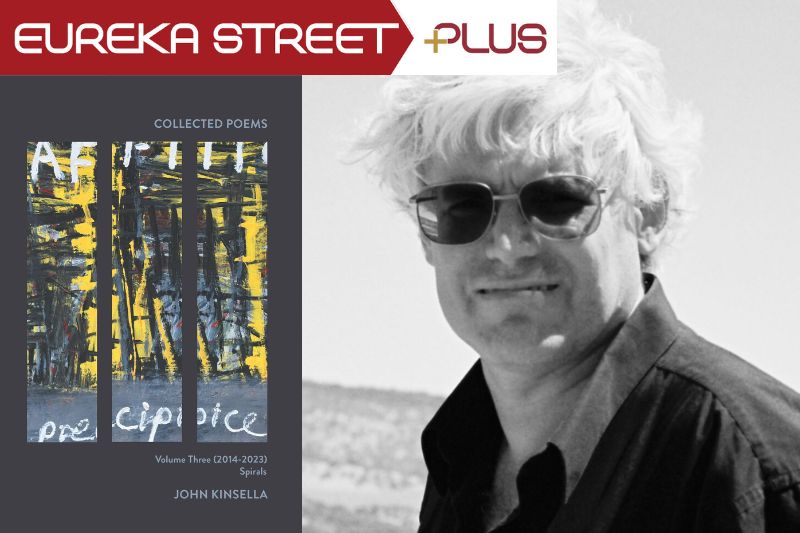
ARTS AND CULTURE
- Andrew Hamilton
- 19 July 2024
The spiral metaphor ties together 800+ pages of lyrical meditations, environmental rage, and historical reflections from Australia’s most celebrated and prolific poets. With powerful social critiques that blur poetry's lines, Kinsella's work rewards close reading with its deep exploration of our connection to a changing world.
READ MORE 
-

ARTS AND CULTURE
- Peter Craven
- 05 July 2024
For a long time now, John Grisham has been part of the air we breathe. He's one of those writers who’s all things to all people. His latest Camino books are books about books; a form of meta crime writing and you have to admire the move on the chessboard they represent. Can John Grisham be self-reflexive?
READ MORE 
-

ARTS AND CULTURE
- Jamie Dawe, Bruce Dawe
- 28 June 2024
These unpublished treasures of my father’s are sure to strike a chord amongst those readers whose hearts wander among the more hidden byways, as I have discovered within myself.
READ MORE 
-

ARTS AND CULTURE
- Michele Frankeni
- 24 June 2024
1 Comment
I’m not sure if it’s age, personal experience or the way the world has changed but some favourite authors no longer have the same attraction they did 30 years ago. To the extent where I find that some of my favourite books now belong to a past self.
READ MORE 
-
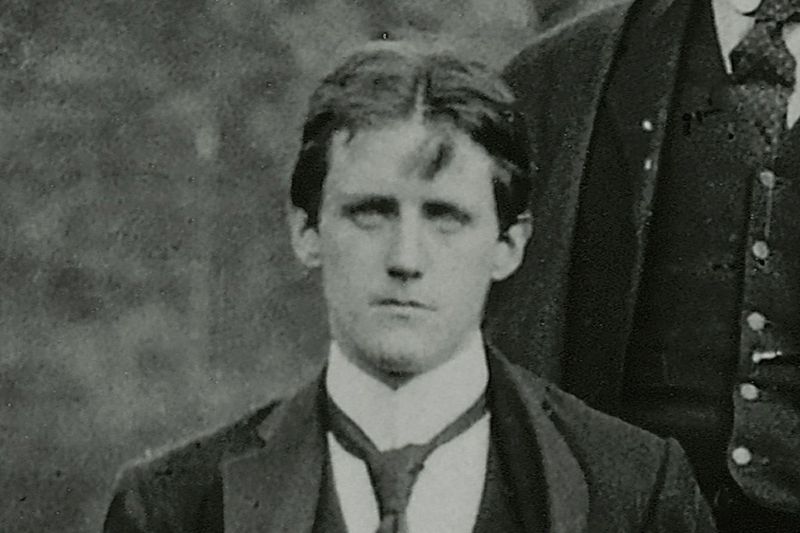
ARTS AND CULTURE
- Peter Steele
- 16 June 2024
2 Comments
'From window and doorface painted in carnival, and / your foxing spirit here for a term / becoming again and again the flambeau it carries, / dear dirty Dublin a thing of fire.' A poem recollecting visits to the Jesuit-run Belvedere College, in the north of Dublin, where James Joyce completed most of his secondary schooling. (From 2007)
READ MORE
-
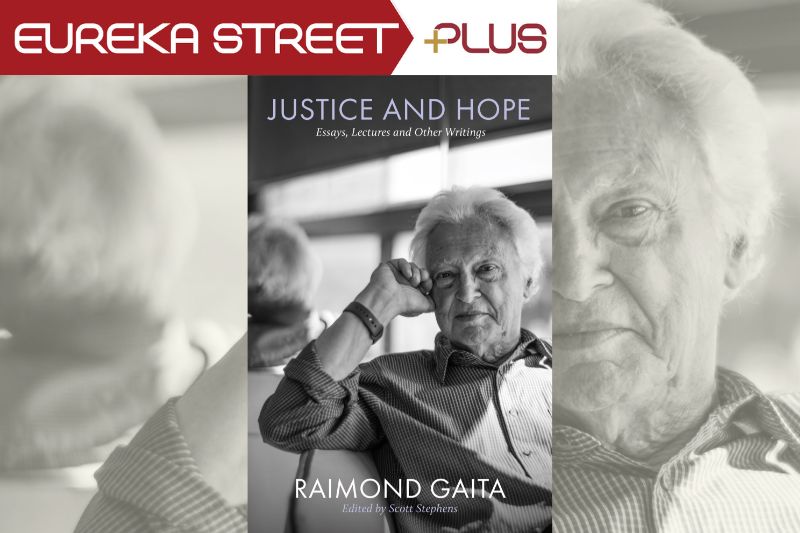
ARTS AND CULTURE
- Andrew Hamilton
- 07 June 2024
1 Comment
Raimond Gaita insists that there is something precious in each human being. He does not rest this conviction on a particular religious or philosophical grounding. It flows, rather, from a rich reading of human possibilities and questioning of the meaning of life.
READ MORE 
-
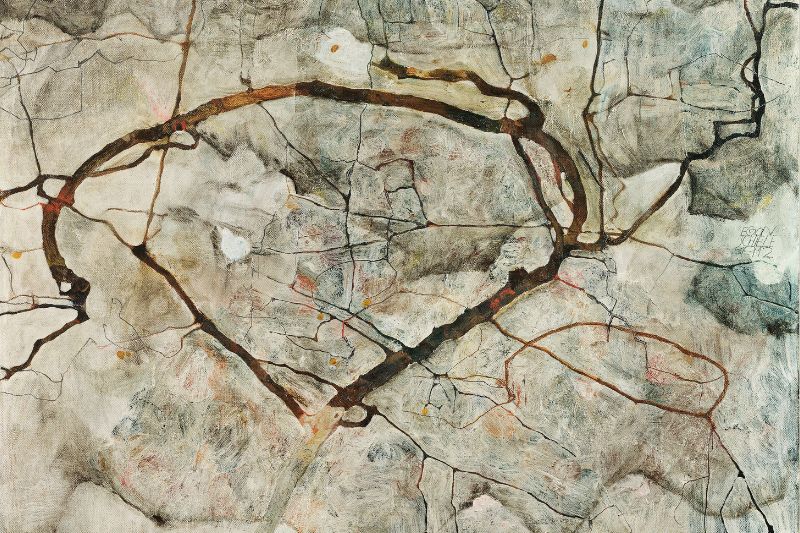
ARTS AND CULTURE
- Warwick McFadyen
- 06 June 2024
1 Comment
The chill of winter is now upon us. It is said that landscape is a defining factor in how a people have developed and how their behaviour is formed and modified. So too it is for the season. So thank you, autumn.
READ MORE